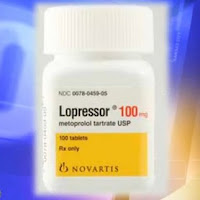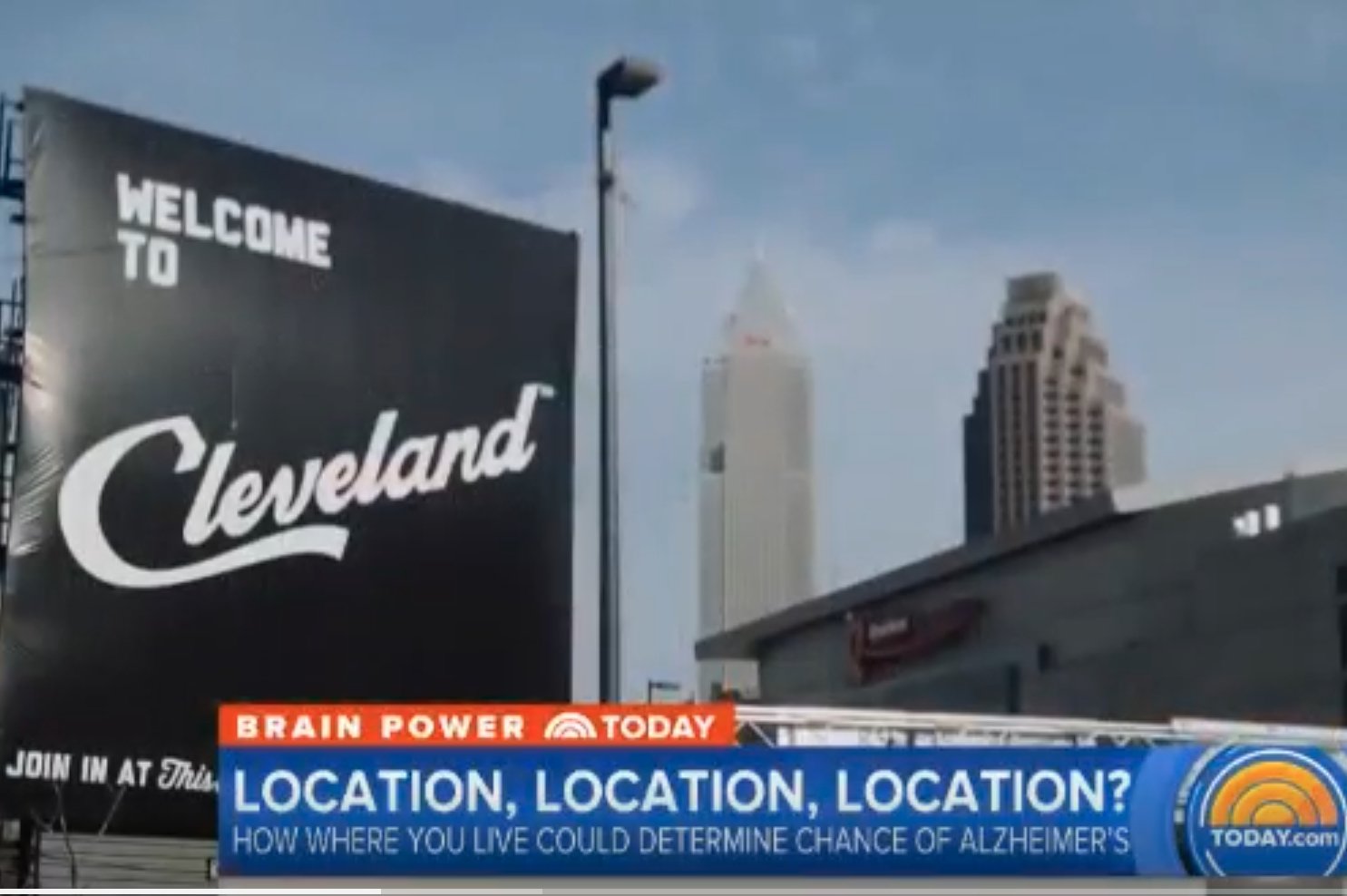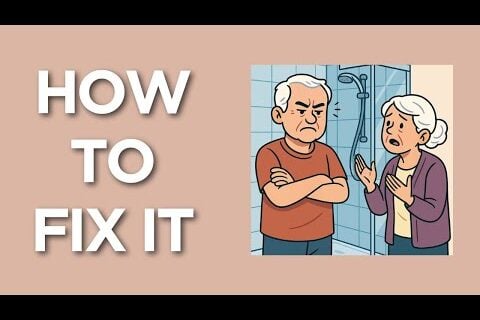
Optimizing Brain Health
How does a healthy brain work? What can we do to keep our brain healthy? Watch this engaging University of California exploration on making neurons “happy”.

How does a healthy brain work? What can we do to keep our brain healthy? Watch this engaging University of California exploration on making neurons “happy”.

People taking blood pressure drugs may be less likely to get Alzheimer’s disease and other types of dementia. Learn about this study’s results and which drugs are best.

See Georgia Tech’s simple-to-use computer program that allows adults to screen themselves for
early signs of dementia.

Princeton University set its sights on preventing amyloid-beta plaque, the most notorious culprit behind Alzheimer’s. Using a revolutionary high-volume testing technique, learn about their success with D737.

Alzheimer’s is characterized by an overproduction of free radicals in cells. That’s why incredibly tiny “nanoparticles” of silver, found in supplements, cosmetics and food packaging, worry scientists. Hear their concerns, as well as products to avoid.

Fresh air and exercise, improved appetite, fewer medications and happier family visits typify the world’s first “Dementia Village”. See how an inspired nursing home manager took a dreary hospital and turned it into a respect-filled, compassionate community.

Having trouble sleeping? You’re not alone. But a group of federal agencies have provided new resources to help. Learn more.

VIDEO: 85 in Ikaria? Smile. On this Greek island, Alzheimer’s is almost non-existent. 85 in America? Your odds hit 50-50. Is it genes, diet or air? NBC travels to an unlikely place for answers: Cleveland, Ohio.

Young love is about wanting to be happy.Old love is about wanting someone else to be happy. Alzheimer’s Quotes on Shirts, Ribbons and Cards

New research suggests antidepressants accelerate cognitive decline in dementia. Learn which drugs appear to be less harmful than others. Help your doctor make better treatment decisions.

Three important dementia studies focus on HS-AGING, a type of dementia almost as common as Alzheimer’s in the 85+ group. Yet few people have heard of it. Why? What makes it different?

An intriguing study of 120 grandmothers might surprise you. Doctors know socially engaged people have better cognition and less dementia. But can a person get too much of a good thing? What’s the right balance?

Enjoy this great duet between a musician with dementia and his son. A triumph of spirit over Alzheimer’s! Sing-a-long if you like!

It looks like a sneeze cannot give anyone Alzheimer’s. While Alzheimer’s abnormal disease proteins do spread from cell-to-cell, they are not “infectious”. Check out the facts.
No spam, only news and updates.


